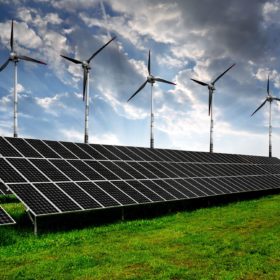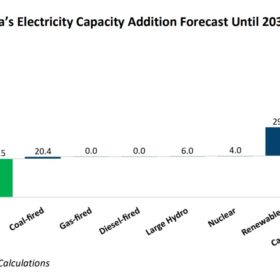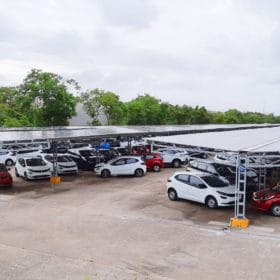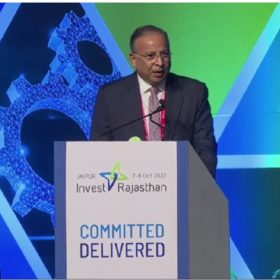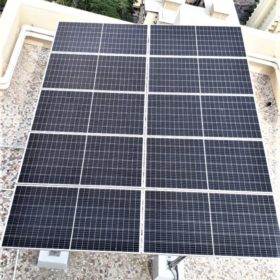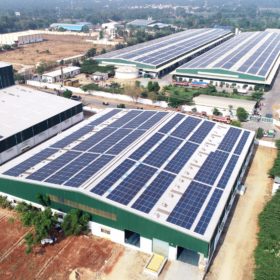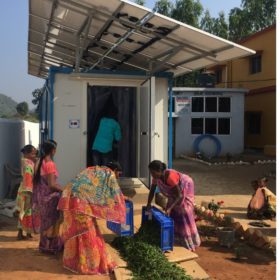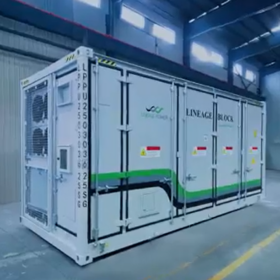WRI India hosts Accelerating Clean Energy 2022
On Day 1, industry experts discussed the role of states’ renewable energy agencies and strategies to accelerate the pace of energy transition in Indian cities.
ISA Assembly approves payment guarantee mechanism for solar projects in Africa
The fifth assembly of the International Solar Alliance (ISA) approved Solar Facility, a payment guarantee mechanism to mitigate risks associated with solar projects in Africa.
Wind, solar payback times under a year in some parts of world, says Rystad
Record energy prices, particularly in Europe, are driving demand for renewables and energy storage. That is changing the equation for utility solar and wind investment and shortening project payback times to under a year in some regions. Storage deployment, driven by recent policy developments around the world, is also expected to get a big boost through to 2030.
India expected to annually deploy 35-40 GW of renewables until FY2029-30 end
Ambitious government targets and commitments by both private and state-owned companies will propel renewable energy installations.
Tata Power to develop 7 MW solar project for Tata Motors
Tata Power will build the captive solar project for Tata Motors’ Pantnagar manufacturing facility in Uttarakhand.
Tata Power targets 10 GW of renewables portfolio in Rajasthan in next five years
Tata Power is looking to expand its renewable power portfolio in Rajasthan to 10 GW in the next five years, from around 5 GW at present. It will also set up solar manufacturing units in the state.
India installed 2,520 MW of rooftop solar in the twelve months ending June
The nation added 2,520 MW of rooftop solar in the twelve months ending June 30, 2022, taking the cumulative rooftop installations to 10,221 MW.
Orb Energy secures $20 million in follow-on funding from DFC
Orb Energy has raised a second loan of $20 million from US Development Finance Institution DFC. It will use these funds to extend further finance to SME customers of its rooftop and ground-mount solar systems.
Sungrow surpasses 14 GW milestone in India
The Chinese solar inverter manufacturer has shipped more than 14 GW of inverters in India since entering the market in 2014.
Employment in distributed renewable energy sector
A new report by Power For All says the commercial and industrial (C&I) sector will be a significant driver of job growth in the Indian distributed renewable energy sector in the next few years.


